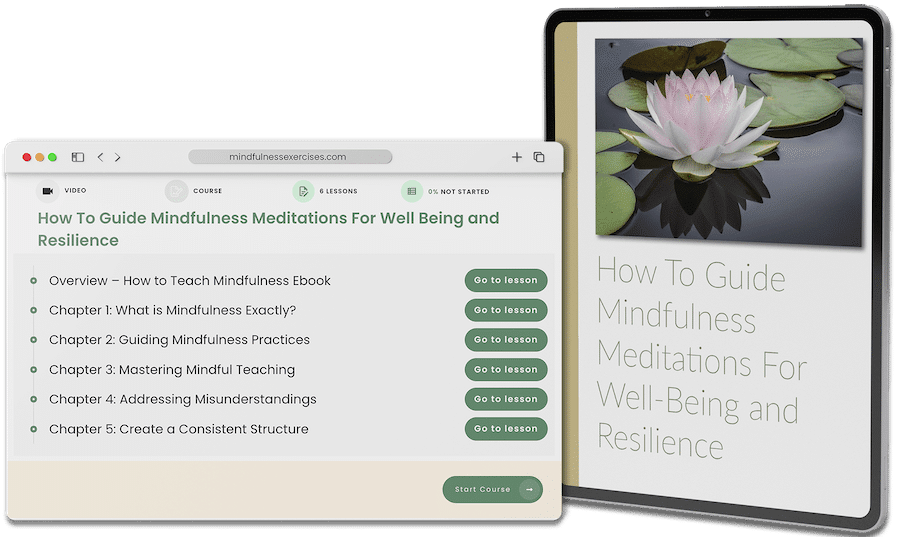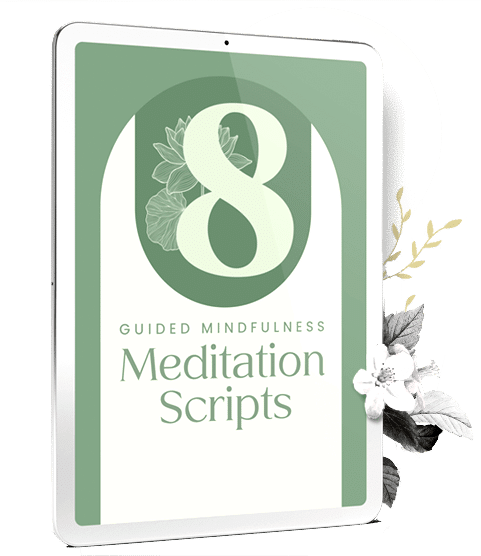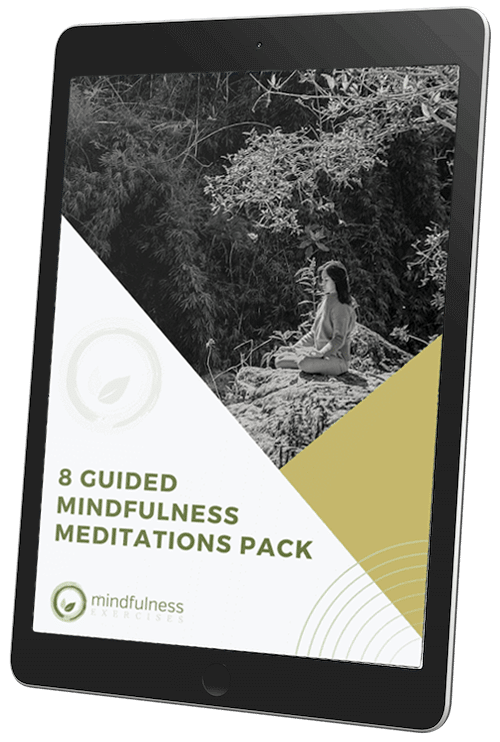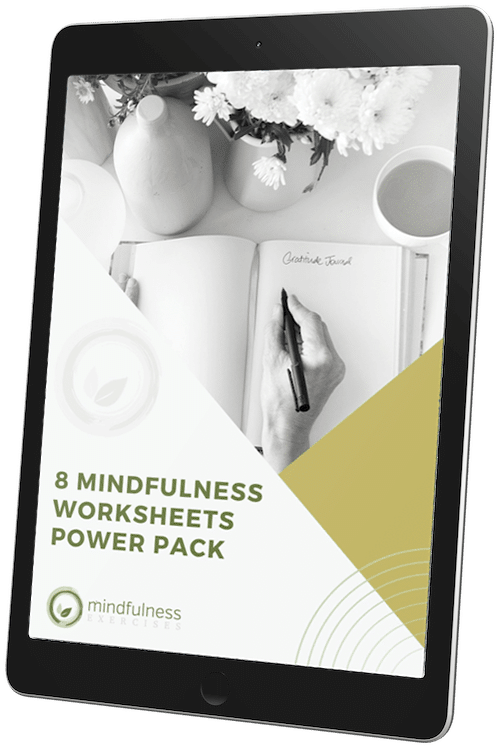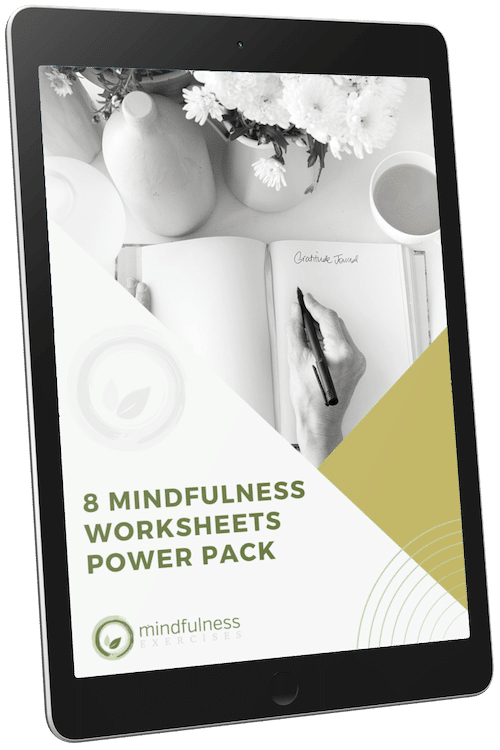Enter your name and email address to download this ebook.
Here Is Your Free Ebook:
Home Again
It was night-time in Gaya, but things were still bustling. In the lighted shop fronts, father, mother, and a kid or two were still steadily at work— yet with bright and smiling faces. Time of day doesn’t mean that much in India. What really counts is what you belong to. A home is optional, but family, clan, caste, (often entailing a traditional occupation) is something you don’t leave. In fact you can belong to it for countless incarnations.
This is the ethos that binds India together; it is the hard-wiring of duty, value, divine law—dharma. Tonight the web and weave looked happy enough—or maybe people just found the sight of us two comical: me in tatty brown robes, Nick with a scruffy blanket thrown round him. And as Nick moved into negotiations over purchasing the sticky sesame sweets that they were concocting, there were the usual questions as to how we fitted in: Where did we come from? And where were we going?
Well, pilgrimage was our dharma. And today this meant walking from Bodh Gaya to Gaya to catch the evening train to Calcutta—for the official business that our getting mugged two weeks previously necessitated. Thus our current duty was to report to the Deputy High Commission, fill in forms for new passports, re-apply for visas, and visit the bank and the airline to negotiate for traveller’s cheques and airline tickets. As Westerners, bits of official paper and noted numbers meant that wherever the two of us wandered, there was still a connection, meaning, a place on the planet. I shouldn’t think the families here had any of that. Their dharma—in fact the role and occupation of every family in this district—was to pummel and beat a paste of ground-up seeds and sugar against the wall until it cohered into lumpy cakes. Well, a bag of these would be a something for the long train ride to Calcutta—it left at 9:30 in the evening and probably wouldn’t get in until 7 or 8 in the morning.
We were travelling light—at least having all our belongings stolen had that advantage—and we’d even left behind the clothes and bits of traveler’s gear that the Western Buddhist community in Bodh Gaya had given us when they had seen our plight. After two months in India one learns to adapt to life on the move. And also to what moving around entails: after the struggle through the thronging crowds at Gaya station, it was no longer surprising to find out that the train we were booked for was running four hours late. So we waited in the dull resignation that is the norm for seasoned travelers here, on the cold dark platform among the bodies wrapped in old blankets and newspaper.
It was night – it always seems to be night in Indian railway stations, as if darkness, cold, fatigue, boredom, and dirt are inseparable features of their world. So we wait, unable to afford the ten rupees each to get in the waiting room; we wait, energy falling like the thermometer, but holding out against sliding into the dirt of the floor by squatting on scraps of paper and propping ourselves against the wall. To lessen the discomfort, I descended as near as possible to the oblivion of sleep. Once or twice we’d get up to wander around the platforms and hang out with the chai wallah who lived here in this world of shades, contentedly making tea. He offered an experienced guess: “Calcutta train, no, this will not arrive before two-o’clock morning time”
Somewhere near 3:00 a.m. the Express pulled in, five and a half hours late. This meant we wouldn’t arrive in Calcutta before midday; which made the whole game plan a bit tight. Official businesses closed in late afternoon; but before noon we needed to get something to eat to fit in with my training rules; and finding a place and getting around in the teeming jumble of the city was no joke. Calcutta was the city of Mother Kali, goddess of Chaos. I felt my nerves tighten; but, clench and rage all you like, in India, there’s nothing you can do but give up and wait.
And wait. The cold night opened into a long grey morning, with the train stopping at every station, and at nowheres between stations, and generally showing every sign of reluctance to reach its destination. (“Hurry, hurry, we’re late!”) It dawdled, slowed, sighed to long stops in the middle of the lush greenery of West Bengal, and it seemed to be only the almost imperceptible downhill gradient of the Ganges plain that kept it rolling eventually to a hissing halt in Howrah Station. By now we were late, late, late!! By now it was 3:15 p.m…the Deputy High Commission—somewhere in the centre of Calcutta, somewhere on the other side of the Howrah Bridge, the single bridge linking Calcutta on the east bank of the Hoogly River to the rest of India, somewhere through archaic arteries choked with cars, rickshaws, ox-carts, and people on two, one, or no legs, somewhere on the other side of impossibility— the Deputy High Commission would be closing at 4:00 precisely!
In an air-conditioned establishment, officials in suits would glance up at a sedately ticking clock, sigh, shuffle their papers, lock their offices, and as we were seething and struggling through the labyrinths of the city, bid the doorman and the guards good evening and go…where to? Where would such beings lodge in Kali’s city?
But as a goddess, Kali has her grandeur: the mutilated, the comic, the benevolent, the artistic, the utterly, homelessly, poor all find a place in Calcutta. And her surprises: today she was allowing us a miracle. Nick barged us through the station, out to the taxi rank “British High Commission!.. No five-hundred rupees! Fifty rupees, OK?…No! OK hundred rupees? Bhante, get the bags in the boot!” – and we leapt over the Hoogly and through the hordes to arrive at the gates and high white wall of the Deputy High Commission at 3:55 on the dot. Armed Gurkhas at the gate; a tranquil garden and cool clean rooms; order like a refreshing pool. Her Majesty’s servants were calm, efficient but not officious, and with friendly murmurs and quiet attention, showed not the slightest indication that it was at all unusual to be dealing with one of their own countrymen with a shaven head and robes while the other resembled an effigy of Guy Fawkes. They’d get to work on it straight away and should get things cleared in a few days. A cool clear dharma: ah, home again!
–
If you liked this free mindfulness ebook and would like to make a direct financial contribution to this teacher, please contact them here: http://ajahnsucitto.org/
Material on this site is licensed under a Creative Commons Attribution-Noncommercial-No Derivative Works 3.0 License
Enter your name and email address to download this ebook.













